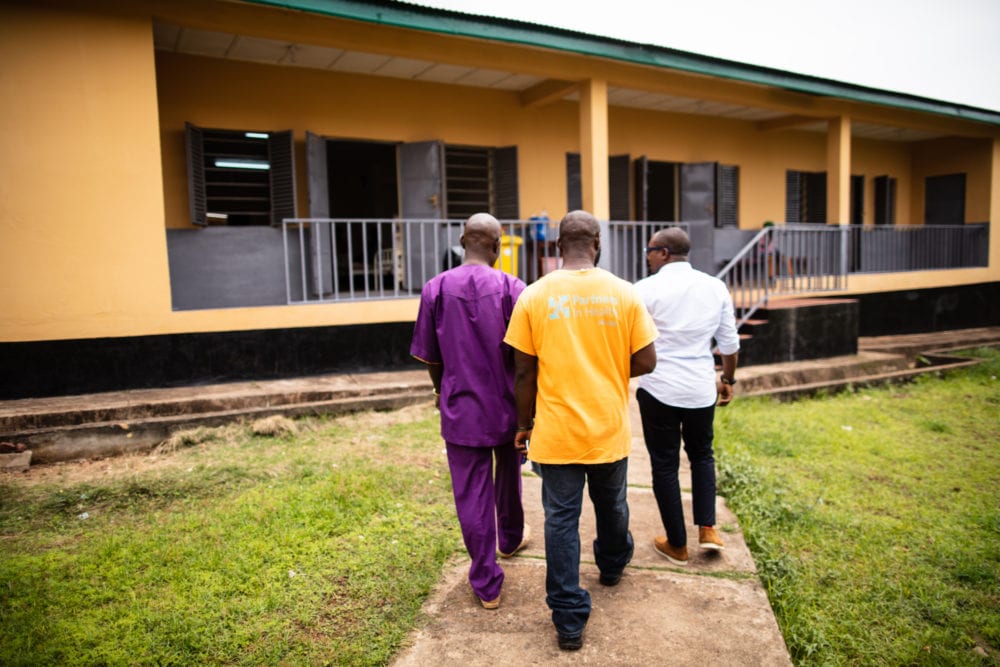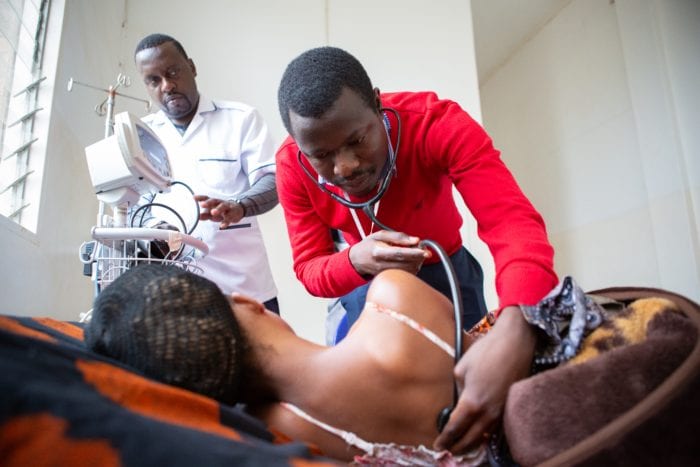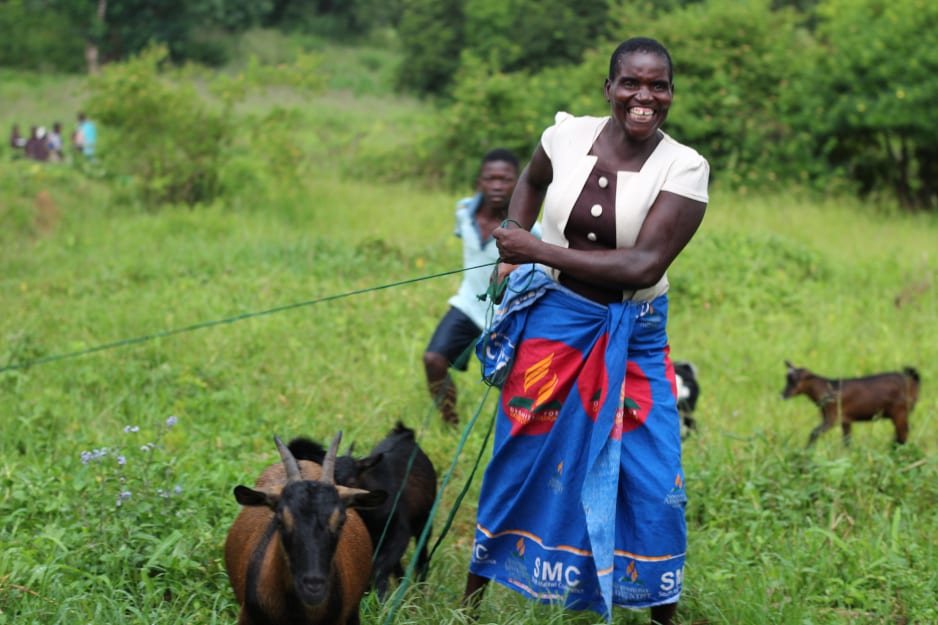Doctors Call for 'Zero Tuberculosis Deaths'
We know how to treat multidrug-resistant tuberculosis—and have for decades—yet barely 0.5 percent of newly diagnosed patients worldwide receive appropriate treatment, write Drs. Salmaan Keshavjee and Paul Farmer in the latest issue of The New England Journal of Medicine.
In “Tuberculosis, Drug Resistance, and the History of Medicine,” they argue that shifts in tuberculosis policy have played a key role in the inadequate response to this disease. Keshavjee is a physician in the Division of Global Health Equity at Brigham and Women’s Hospital. Farmer, co-founder of Partners In Health, is chief of the division. Both are faculty in Harvard Medical School’s Department of Global Health and Social Medicine, which Farmer chairs.
As tuberculosis was brought under control in the United States and other wealthy countries, funding for research and implementation programs elsewhere dried up.
“The U.S. response to the outbreaks of MDR tuberculosis in New York City and elsewhere was bold and comprehensive; it was designed to halt the epidemic,” write Keshavjee and Farmer. “A similar response has not yet been attempted in low- and middle-income countries. Instead, selective primary health care and ‘cost-effectiveness’ have shaped an anemic response to the ongoing global pandemic.”
Tuberculosis kills almost 2 million people every year.
“We want to encourage the international tuberculosis community to redouble its efforts to battle this disease, including adopting a goal of zero tuberculosis deaths,” said Keshavjee in a statement from Brigham and Women’s Hospital. “That means proactively looking for those who are already sick, ensuring they are rapidly diagnosed and putting them on appropriate treatment. It also means treating those with latent infection and implementing infection control measures that can stop the spread of the disease. This is the approach we’ve used in the United States and Western Europe, and it needs to become the global standard of care.”



